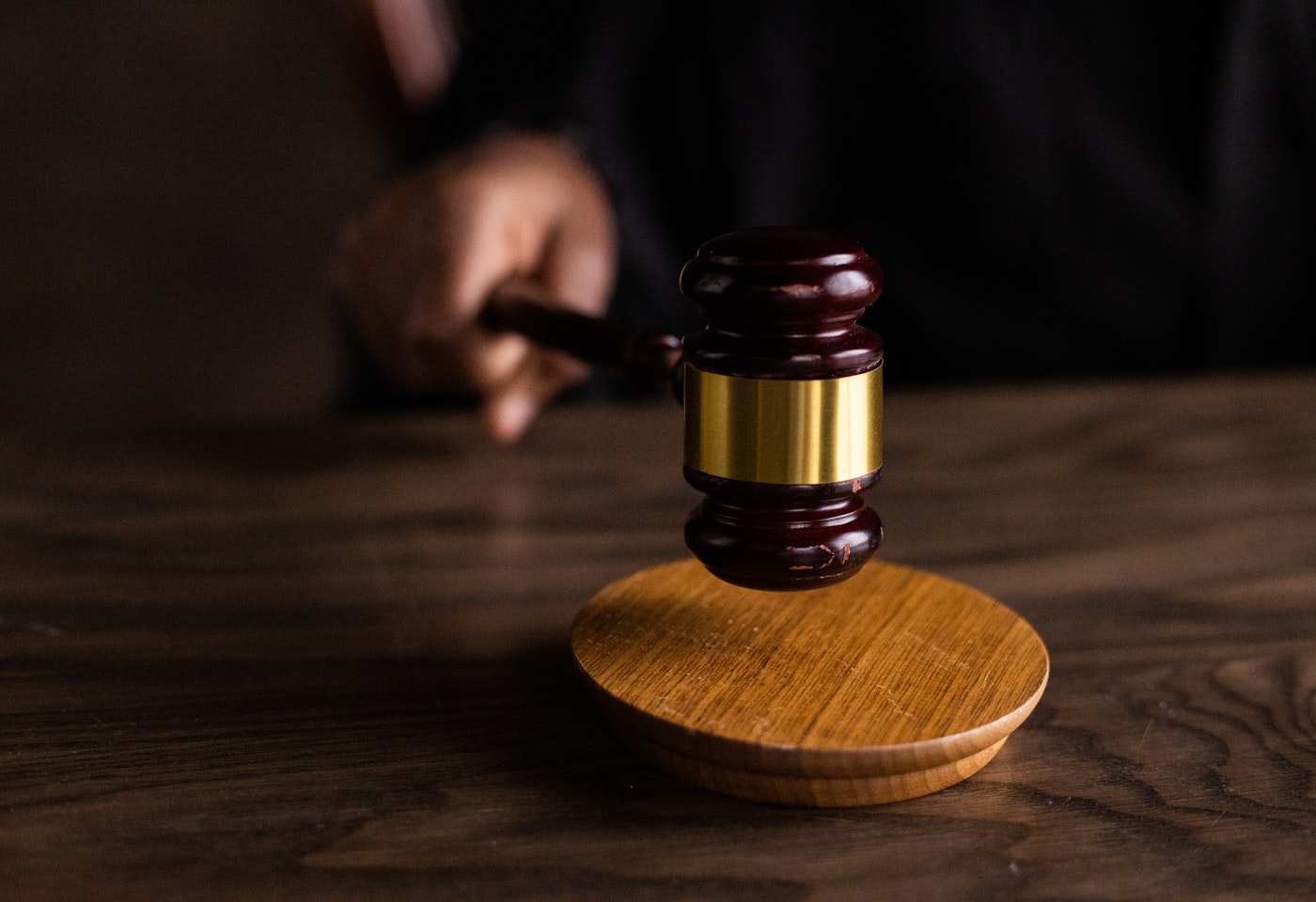Sen. Bran Hoylman and Sen. Jamaal Baily of New York City have introduced a bill that aims to discourage prosecutors from using rap lyrics as evidence against artists. The "Rap Music On Trial" legislation, introduced on Wednesday, comes nearly two years after rapper Tekashi 6ix9ine was sent prison for multiple counts of racketeering, firearms offenses and drug trafficking, NBC New York reported.
Democrats said prosecutors in that case used the rapper's music to prove his affiliation with the street gang Nine Trey Gangsta Bloods.
“Art is creative expression, not a blueprint of criminal plans," Hoylman said. "Yet we’ve seen prosecutors in New York and across the country try to use rap music lyrics as evidence in criminal cases, a practice upheld this year by a Maryland court."
The Maryland case involved rapper Lawrence Montague, who was sentenced to 50 years in prison for murder. Prosecutors in that case presented the artist's lyrics, convincing the court that his words "bear a close nexus to the details of an alleged crime."
The "Rap Music On Trial" legislation would require prosecutors to prove that a musician's song is admissible by clear and convincing evidence. Prosecutors have to show that the lyrics are “literal, rather than figurative or fictional,” RollingOut reported.
Human rights groups such as the American Civil Liberties Union have also spoken out on the issue, saying lyrics from various music genres are mostly used as evidence against Black or Latino artists.
Bailey expressed a similar sentiment.
"The admission of art as criminal evidence only serves to erode this fundamental right, and the use of rap and hip-hop lyrics in particular is emblematic of the systemic racism that permeates our criminal justice system," the senator said.
Hoylman said no one believes Johnny Cash “shot a man in Reno just to watch him die” or that David Byrne is a “psycho killer,” but rap lyrics continue to be used as evidence against rappers.
